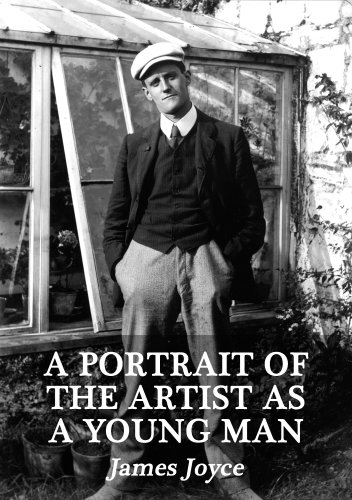When the Literary Prize Goes to the "Wrong" Writer

[Originally published on Chapters-Indigo's book blog] Only “unenjoyable” books win literary prizes, or so claimed British novelist, Martin Amis, in a very readable piece he wrote for The Telegraph last summer. That the author has never won a major literary prize himself is probably worth mentioning. The closest he’s come was in 1991 when his book, Time's Arrow, was shortlisted for the Booker. The question, though, is does Amis have a point? Do great books get overlooked and only the “unenjoyable” win those coveted accolades?
It’s easy to poo-poo the prizes, but let’s be fair, were it not, for example, for the folks over at the Man Booker Prize, the international community may never have gotten to know Canadian legendary works like Michael Ondaatje’s The English Patient or Margaret Atwood’s The Blind Assassin. Perhaps Arundahti Roy’s masterpiece from India, The God of Small Things, which won the prize in 1997, would not have gotten the international attention it so richly deserved had it not been for the Man Booker’s seal of approval.
And don’t you find that when a book you cherish does have that wonderful prize stamped proudly over the top left or bottom right (or whichever) corner of its cover, you feel somehow vindicated? What Cormac McCarthy fan didn’t feel just that when their favourite author finally won the Pulitzer for The Road in 2007. (He’d only been publishing works of fiction for forty-one years. Forty-one years!).

Still, it’s hard not to admit that Amis has a point for not every Booker prize or Giller winner meets the tastes of its readers. It brings to mind the Oscars. The most cited example amongst cinephiles being Martin Scorsese’s masterpiece Raging Bull losing Best Picture to Robert Redford’s Ordinary People. The Academy Award voters are people, they are fallible, which is why Al Pacino did not win an Oscar for either The Godfather or The Godfather: Part II, nor did he even win for those other 1970s masterpieces of acting, Serpico or Dog Day Afternoon. In other words, sometimes the award goes to the wrong person.
But back to books.
Let’s play a game. Which of these authors would you identify as a favourite: Imre Kertesz? Gustave Le Clezio? Herta Muller? Or rather, which of these have you even heard of? All were Nobel Prize winners in literature in the last decade. This is not to say any of these were bad choices, just that they certainly weren’t choices familiar to most English reading fiction lovers on this side of the ocean. Now this probably has much to do with the Western world’s inward looking bias, but still. Other recent Nobel winners than you actually may have heard of, such as J.M. Coetzee, Doris Lessing and Orhan Pamuk aren't exactly pulling in the kind of book sales that Stephanie Meyers is.

And so what, you say. Maybe the Nobel should only be awarded to “important authors.” It shouldn’t all be about book sales, should it? Maybe not. But then why didn’t Nabokov win? Other legends of literature snubbed by the Nobel people include: Philip Roth, Marcel Proust, Anton Chekov, Jorge Luis Borges and Leo Tolstoy win a Nobel, or James Joyce for that matter?

Wait. If you think that the Nobel committees are the only ones to have made a couple (or more) glaring errors, take a look at some of the Pulitzer losers. Now you could argue that Herman Wouk’s The Caine Mutiny was a great book, or at least a very popular one. Whether it deserved to win the 1952 Pulitzer over a little known novel about a boy named Holden (aka The Catcher in the Rye), is another story. Or what about The Edge of Sadness by Edwin O’Connor? That was the 1962 winner. And a deserving one too, perhaps. But more deserving than Joseph Heller’s satirical masterpiece Catch 22? Now Sinclair Lewis is a name you may have heard of. Whether you’ve read his 1926 winning Arrowsmith is a valid question, especially as that meant that the 3rd novel by Francis Scott Fitzgerald, a little known work called The Great Gatsby did not win the prize that year. Finally and possibly most shockingly of all was the 1930 Pulitzer decision to award Oliver La Farge’s Laughing Boy with the award. Had Ernest Hemingway’s A Farewell to Arms been the only competition that year you could consider the decision a mistake. That Faulkner’s The Sound and the Fury was also up for the award is what makes it a travesty.
FURTHER READING: Great Books that Didn’t Win the Booker
2004: David Mitchell’s Cloud Atlas (lost to Alan Hollinghurst’s The Line of Beauty)
1996: Rohinton Mistry’s A Fine Balance (which did, at least, win the Giller the year before, lost to Graham Swift’s Last Orders)
1986: Margaret Atwood’s The Handmaid's Tale (beaten out by Kingsley Amis’ The Old Devils)
